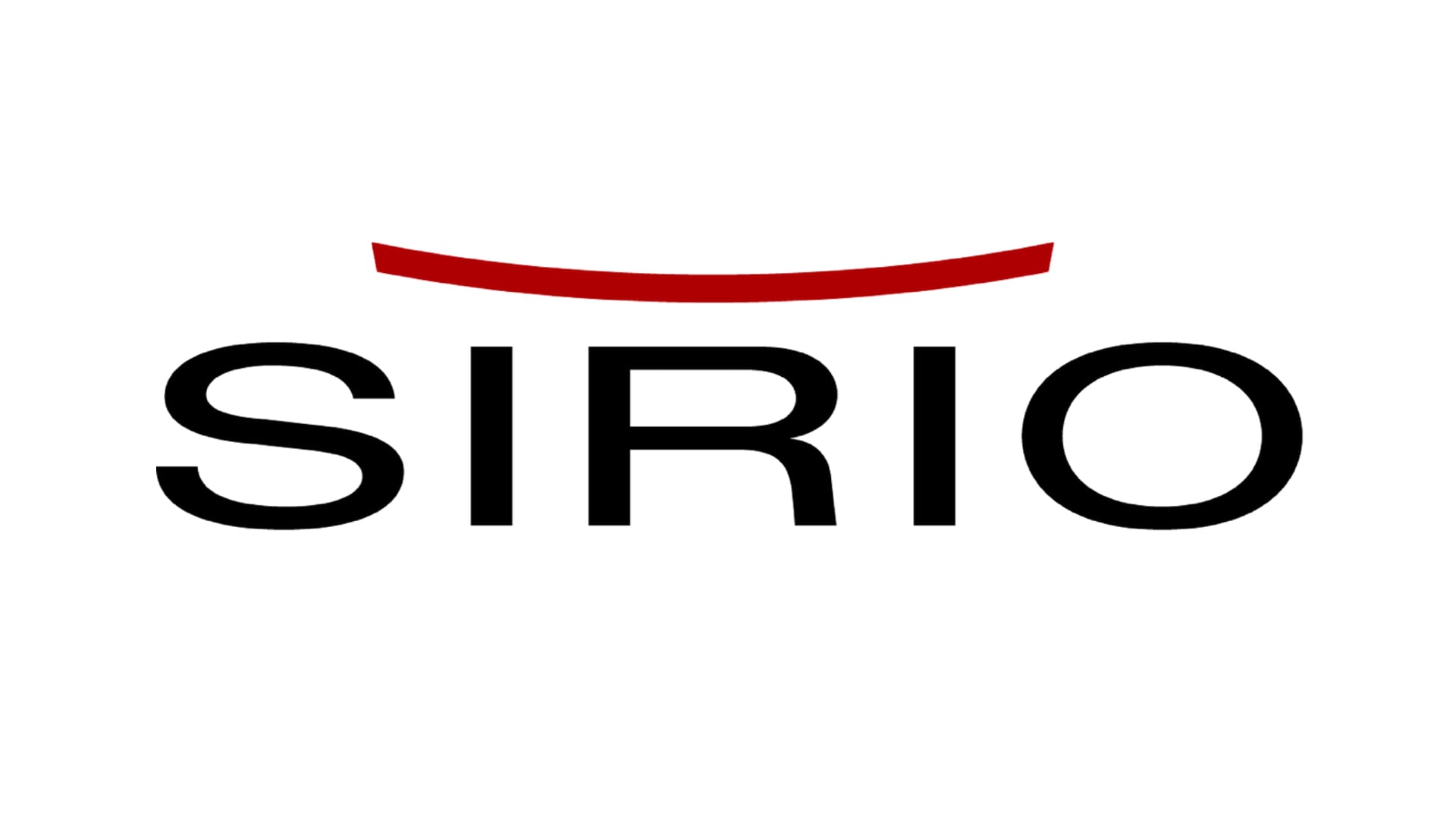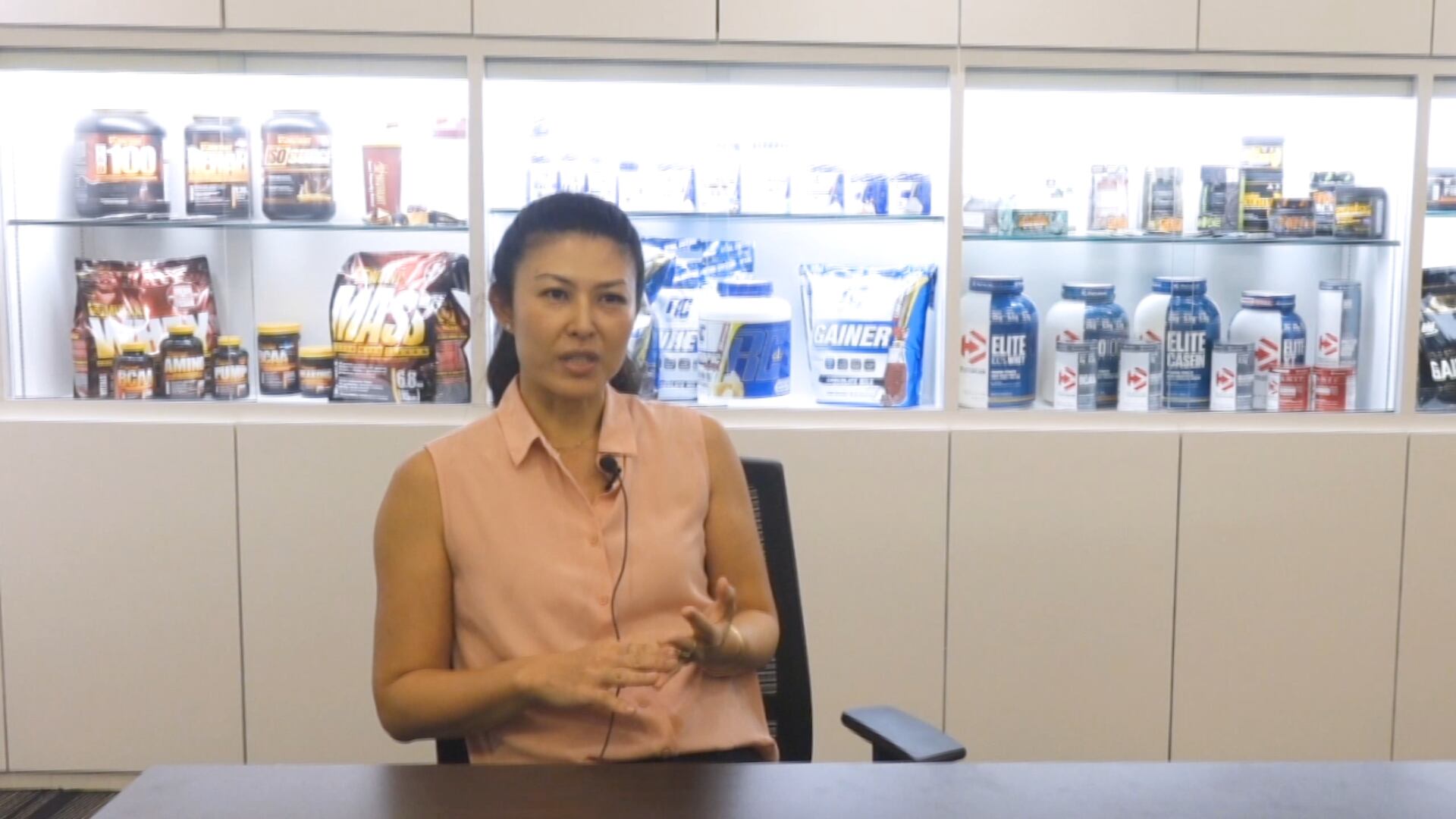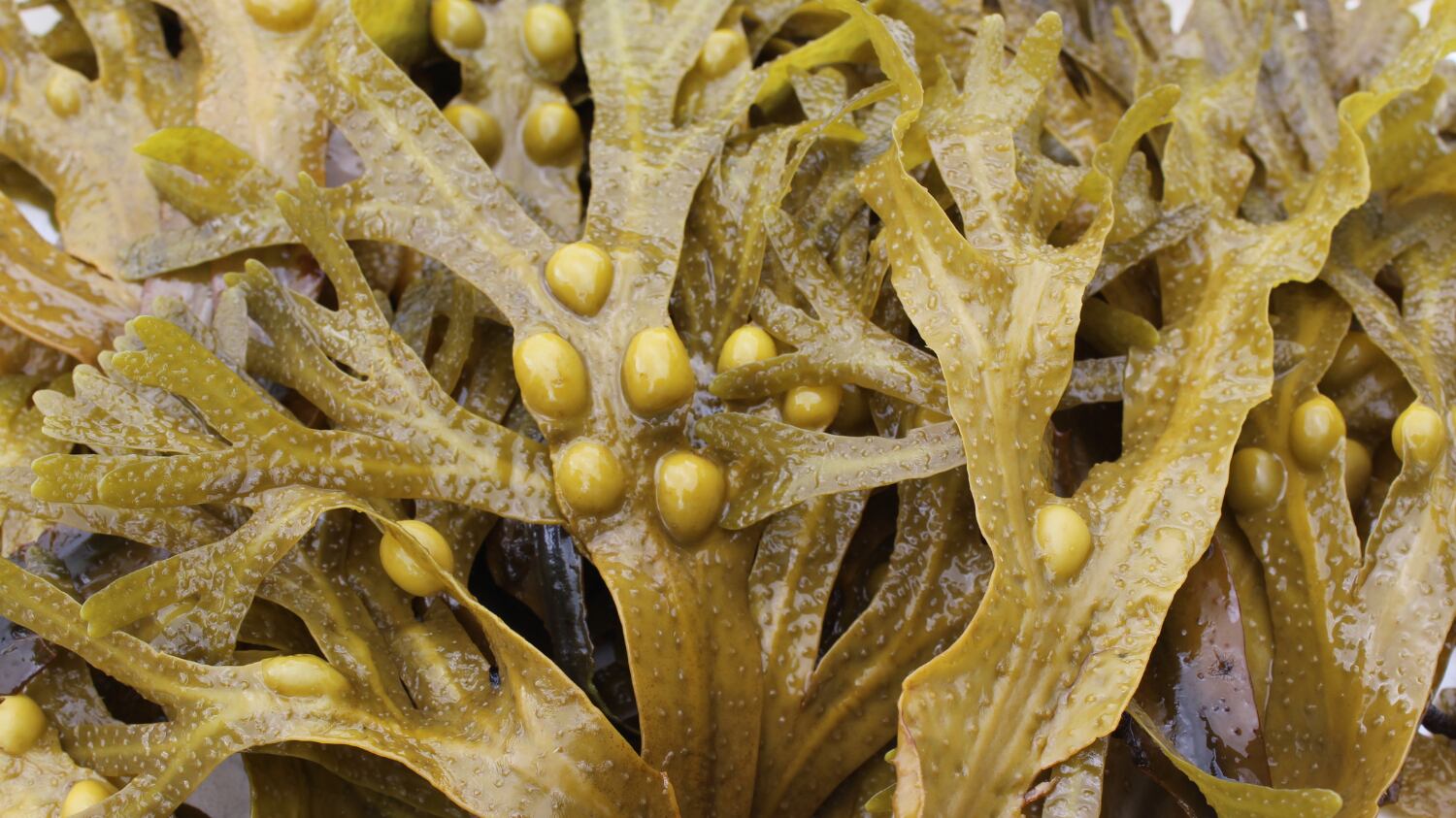The nutraceutical contract manufacturer announced that this approval allowed it to produce sports nutrition food in China, and it could therefore add special ingredients into its products.
This covers six functional classes: protein supplementary, speed and power, endurance, energy control, energy supplementary, and post-exercise recovery.
Sirio Pharma is now one of only seven approved licence holders in China, thanks to strict regulations and a complex registration and approval process.
The licence, introduced to better regulate manufacturers and minimise the incidence of counterfeiting in China, involves a rigorous onsite audit that assesses environmental control, equipment, warehousing and documentation.
Growing market, greater opportunities
China's sports nutrition market has seen rapid growth over the last few years, hitting a CAGR of 37% from 2013 to 2017. Analysts predict that this will continue, with yearly expansion even reaching 50%; this would make China's sports nutrition market the world's fastest-growing.
While most international brands have been taking the cross-border e-commerce (CBEC) route to China due to the country's high barriers to entry, Sirio's new sports licence and solid industry track record could open a whole new avenue for such brands.
Not only will they be able to have their products manufactured in China itself, they may also be able to sell them via all distribution channels across the country.
Speaking to NutraIngredients-Asia, Sirio CSO Rui Yang said: "There is certainly great potential in China's growing sports nutrition market, especially since our customers want to cover all distribution channels — some are more focused on e-commerce, while others want to have their products sold in brick-and-mortar stores."
The licence also allows nutraceutical brands to make specific functional claims on their sports nutrition product labels, and covers ingredients such as concentrated whey protein, whey protein isolate, soy protein isolate, BCAAs (branched-chain amino acids) and creatine.
Catching up and keeping up
Yang said the consumer demand for sports nutrition products in China had "exploded" in the last few years, attributing this partially to the national fitness policy. In contrast, NPD and regulations are "still maturing" and have yet to catch up with this rapidly rising demand, resulting in only a handful of companies with licences.
However, Sirio believes it can help to facilitate significant opportunities for brands to access the Chinese market.
Yang said: "We have already had a number of enquiries and we are able to start production immediately. By partnering with Sirio, established brands who want to build their name in the China…are now even able to develop completely unique products tailored to the Chinese sports consumer."
Consumer demand among key demographics
Yang told NutraIngredients-Asia that Sirio intended to focus on popular ingredients in China, such as whey protein and soy protein. Both are on the list of permitted ingredients for use in sports nutrition products in the country, and often feature in bestselling products in the category.
"Protein in China is a big category. Whey protein is very popular, but so is soy protein. In fact, soy protein is often preferred by many Chinese consumers. It's very well accepted in China, as soy is a longstanding part of the local culture — the Chinese are so used to it."
The company also wants to focus on expanding its sports nutrition business in China before it considers doing the same in what it refers to as its "traditional export markets" — North America and Europe.
Yang said: "We do have the potential to expand our sports nutrition business in North America and Europe, but we would also prefer to conduct more market research before making a decision — we may even decide that the APAC market might be better for this purpose, but for now, we are concentrating on China.
"In China, the sports nutrition market is only in its beginning stages, so it's hard to say which category or demographic will be the biggest, but I think young people are likely to be among the main buyers of such products.
"We will watch the market closely and decide what to do depending on market demand."



